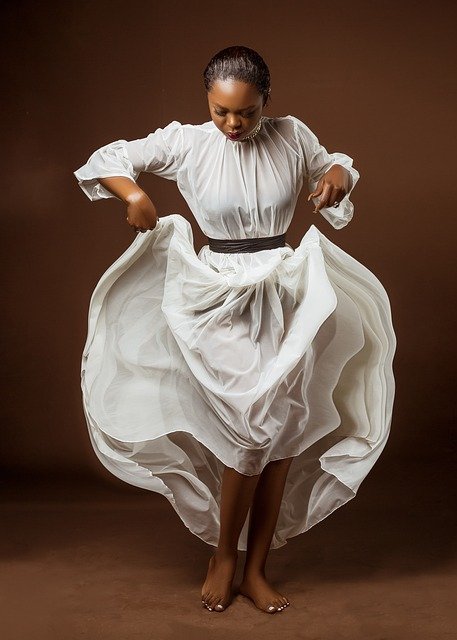**Topic: "Sustainable Fashion: The Future of Style"** In this post, we can

Sustainable Fashion: The Future of Style
As we navigate through the 21st century, the fashion industry stands at a crucial crossroads. With increasing awareness of environmental issues and social responsibility, sustainable fashion has emerged as not just a trend, but a necessity. Here’s why sustainable fashion is shaping the future of style.
🌱 What is Sustainable Fashion?
Sustainable fashion refers to clothing that is designed, manufactured, distributed, and used in ways that are environmentally friendly and socially responsible. This includes:
- Eco-friendly materials: Utilizing organic cotton, hemp, Tencel, and recycled fabrics.
- Ethical production: Ensuring fair wages and safe working conditions for garment workers.
- Waste reduction: Implementing practices such as upcycling, zero-waste design, and circular fashion.
🌍 Why It Matters
The fashion industry is one of the largest polluters in the world, contributing to water pollution, greenhouse gas emissions, and massive amounts of textile waste. By embracing sustainable practices, we can:
- Reduce Environmental Impact: Sustainable fashion minimizes waste and conserves natural resources, helping to protect our planet.
- Support Ethical Labor: Choosing brands that prioritize fair labor practices promotes social equity and human rights.
- Encourage Conscious Consumerism: As consumers, we have the power to drive change by supporting brands that align with our values.
👗 The Future of Style
Sustainable fashion is not only about being eco-conscious; it’s also about redefining style. Here are some trends that are paving the way for a more sustainable future:
Timeless Designs: Focus on quality over quantity. Investing in classic pieces that never go out of style reduces the need for fast fashion.
Rental and Resale: Platforms for renting and reselling clothing are gaining popularity, allowing consumers to enjoy fashion without the commitment of ownership.
Innovative Materials: Designers are experimenting with alternative materials, such as mushroom leather, recycled plastics, and plant-based textiles, to create unique and sustainable garments.
Personalization: Custom-made clothing reduces waste and ensures that each piece is tailored to the individual, promoting a deeper connection between the consumer and their wardrobe.
🌟 How You Can Contribute
- Choose Wisely: Support brands that prioritize sustainability and transparency in their practices.
- Educate Yourself: Stay informed about the impacts of fashion on the environment and society.
- Embrace Minimalism: Adopt a capsule wardrobe that focuses on versatile pieces you truly love.
- Get Creative: Upcycle old clothes or participate in clothing swaps to refresh your wardrobe without buying new items.
Conclusion
Sustainable fashion is not just a fleeting trend; it is the future of style. By making conscious choices, we can contribute to a more ethical and environmentally friendly fashion industry. Together, let’s redefine what it means to be stylish in a way that respects our planet and its people.
Let’s make fashion a force for good! 🌍💚

Upvoted! Thank you for supporting witness @jswit.